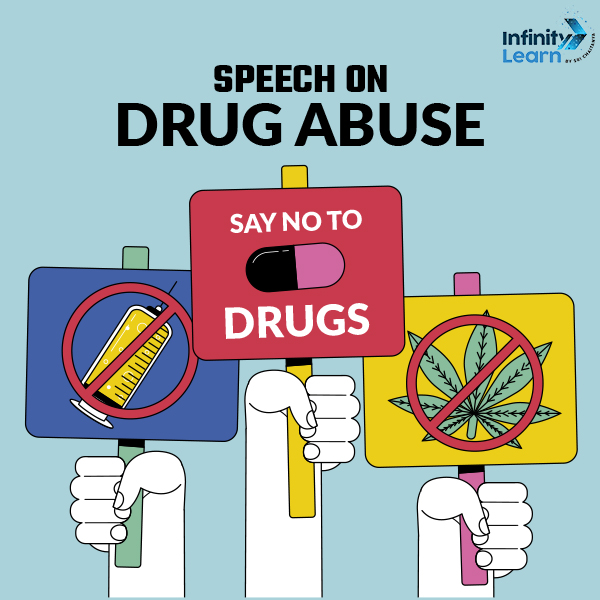See This Report about Drug Rehabilitation
Table of ContentsExcitement About Drug RehabilitationGetting The Drug Rehabilitation To WorkThe Best Guide To Drug RehabilitationNot known Details About Drug Rehabilitation The Definitive Guide for Drug Rehabilitation
This involves addressing the entire individual to make certain that every one of the underlying domino effects of the dependency are properly looked after and dealt with. This offers individuals the tools they require for a full go back to a satisfied, healthy, substance-free life. Medicine dependency "therapy" is a little bit of a deceptive term it suggests that individuals with dependencies are "all better" after they have actually gotten some form of therapy.Even individuals with years of effective recovery must continue to be mindful of their potential for relapse, and they must make use of the tools they learned in therapy to avoid it. Words "rehab" also suggests that someone is being remedied after misbehaving, which follows society's preconception about dependency. Drug Rehabilitation. Part of the healing process is for people with addictions, and their family members, to discover that dependency is a matter of biology and not principles
Transitioning from physical and psychological dependency to a healthy and satisfied way of living is a huge adjustment. It is important that the actions to drug recovery be correctly resolved during the medication rehab procedure. There are four stages of addiction healing: Dependency assessment is an especially essential part of the rehab process.
This becomes part of the underlying psychology of addiction, and it enhanced by anxieties of arrest for belongings and judgment from family members and buddies. The evaluation process calls for obtaining trust and appearing that secretive nature. The individual needs to identify which compounds were utilized and the degree of their compound use.
Our Drug Rehabilitation Ideas

For lots of people with addictions, worry of withdrawal is a major barrier to escaping their addiction, which fear maintains them from even attempting. Withdrawal and drug detoxification do not have to be an awful experience. By joining a medical detoxification program, individuals can survive the experience securely and comfortably.
This is where the underlying reasons of addiction are attended to. For many people with material addiction, their material usage is no much longer concerning getting high. Rather, it ended up being a repetitive, daily procedure of preventing withdrawal signs and escaping from their fact. Drug rehab is the process where the deep problems around the addiction are determined and resolved.
The Of Drug Rehabilitation
Rather, it can be said that rehab is the procedure of exploration, while what takes place later is healing. The addicted mind frequently begins to believe specifically after an amount of time in abstinence that it is OK to try drinking or making use of substances once more. Nonetheless, this rarely functions, and the substantial bulk of people who attempt alcohol consumption or making use of medications once again will rapidly end up where they were previously.

Sober living homes are a specifically efficient method to aftercare when a person is discharged from rehabilitation. People and their family members must discuss these alternatives with their counselors while still in rehabilitation. There are different kinds of treatment for dependency, based on the degree of treatment supplied. When picking the level of therapy, the selection ought to be based upon what will use the individual the most effective chance of success in healing out what the private desires to do.
This is a bad combination, as it propels many individuals to think that they can stop using medications or alcohol consumption on their very own. Because of this, they may hesitate to see and confess this hyperlink that they call for a greater degree of care, such as inpatient rehab. Cleansing from a compound is not the like treatment for substance addiction.
Little Known Facts About Drug Rehabilitation.
, people's minds are jumbled and they feel physically and mentally unwell. They are not responsive to any type of kind of therapy or treatment until their minds clear and they are really feeling better.
Like inpatient therapy, household treatment offers the healing impact of removing people from their dysfunctional way of living and environment and positioning them in safe, healthy and balanced surroundings. This permits them to reorient their lives and thought procedures while focusing on distraction-free healing. Residential rehab differs from inpatient rehabilitation (Drug Rehabilitation) in that it is carried out in a facility beyond the hospital system and normally involves a longer remain.
People obtain healing solutions on-site throughout the day, yet learn the facts here now go home or to a sober living center at evening. The strength of the right here daytime treatment will certainly depend on private demands and the programs offered at the outpatient facility. Many people with major addiction will likely have better outcomes in inpatient treatment and rehabilitation.
All About Drug Rehabilitation
Long-term residential therapy programs usually make use of a restorative approach called the restorative community (TC). This is a strategy to re-socializing individuals whose addiction has seriously influenced their capability to suit culture. These include individuals with severe criminal habits, individuals that are homeless, teenagers and individuals with severe mental wellness disorders.